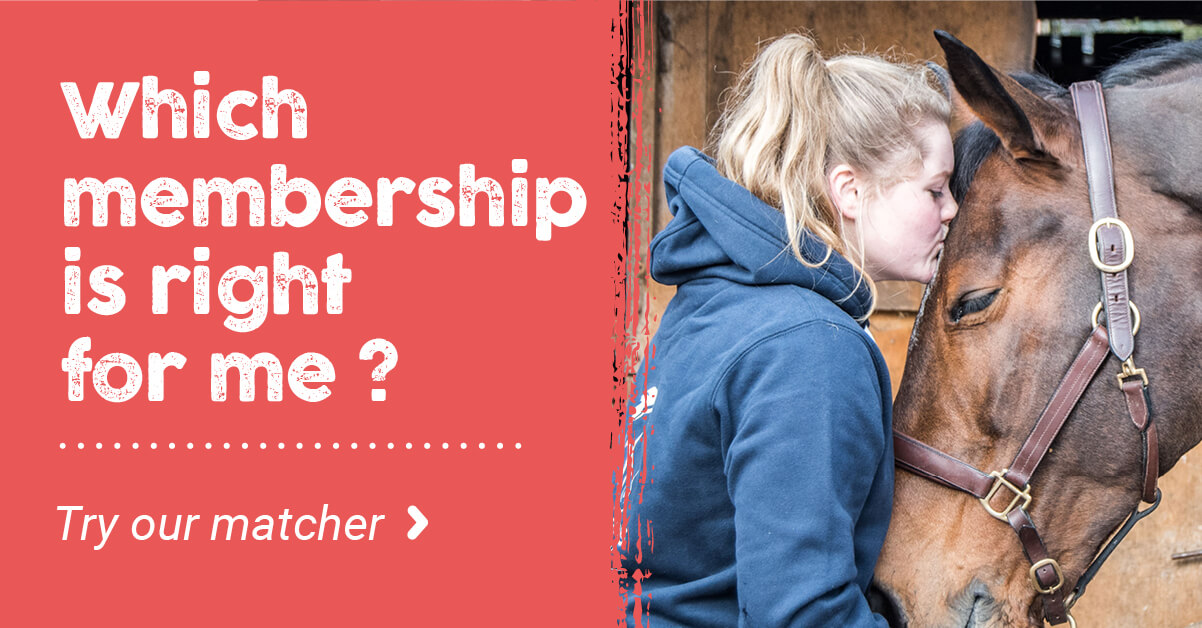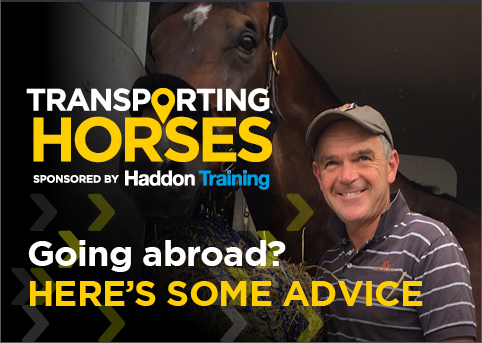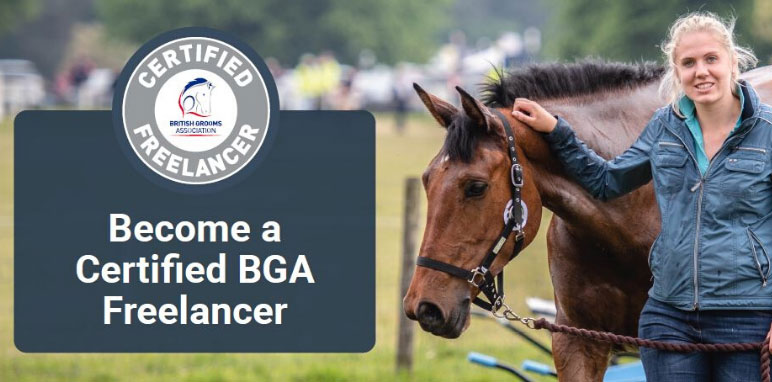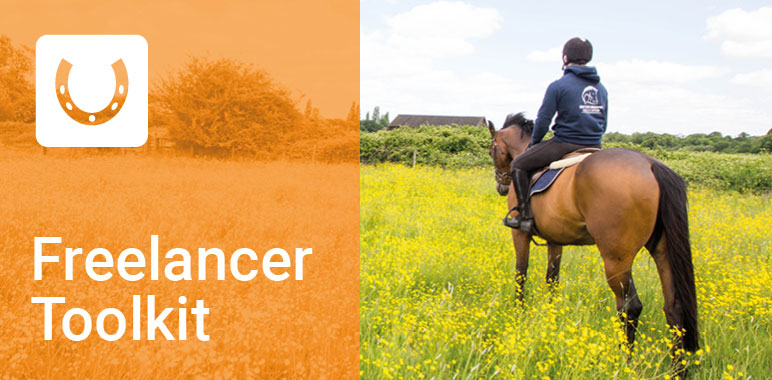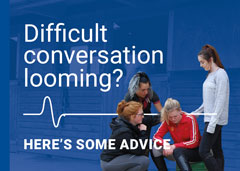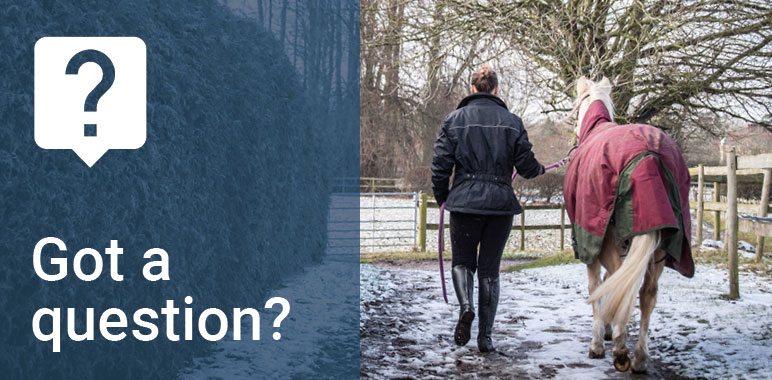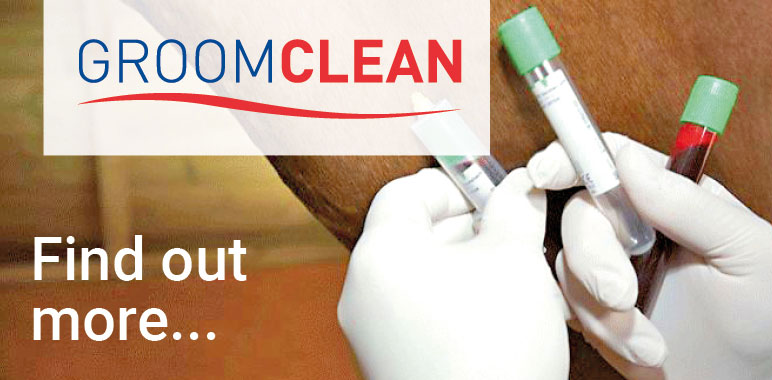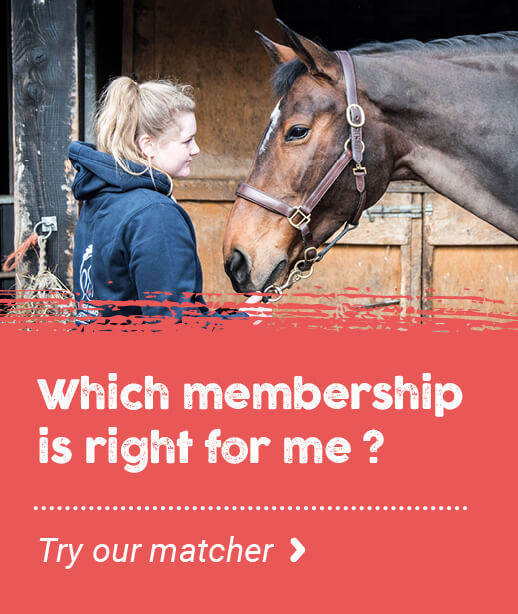- Join Now
- Login
- Member Zone
- Your Career
- Freelancing
- International Grooms Association
- BGA Training
- Healthy Yard Healthy Horses
- Transporting horses
- Brexit
- Safe workplace
- Student Zone
- Member Discounts
- BG Magazine
- Member services
- Training & Careers
- BGA CV Creator
- Horse groom training
- Where to Train
- BGA E Learning
- Career choices
- Change to Racing
- First Aid training for grooms
- Parents
- Grooms Jobs
- Grooms Life
- About
- News
- Contact

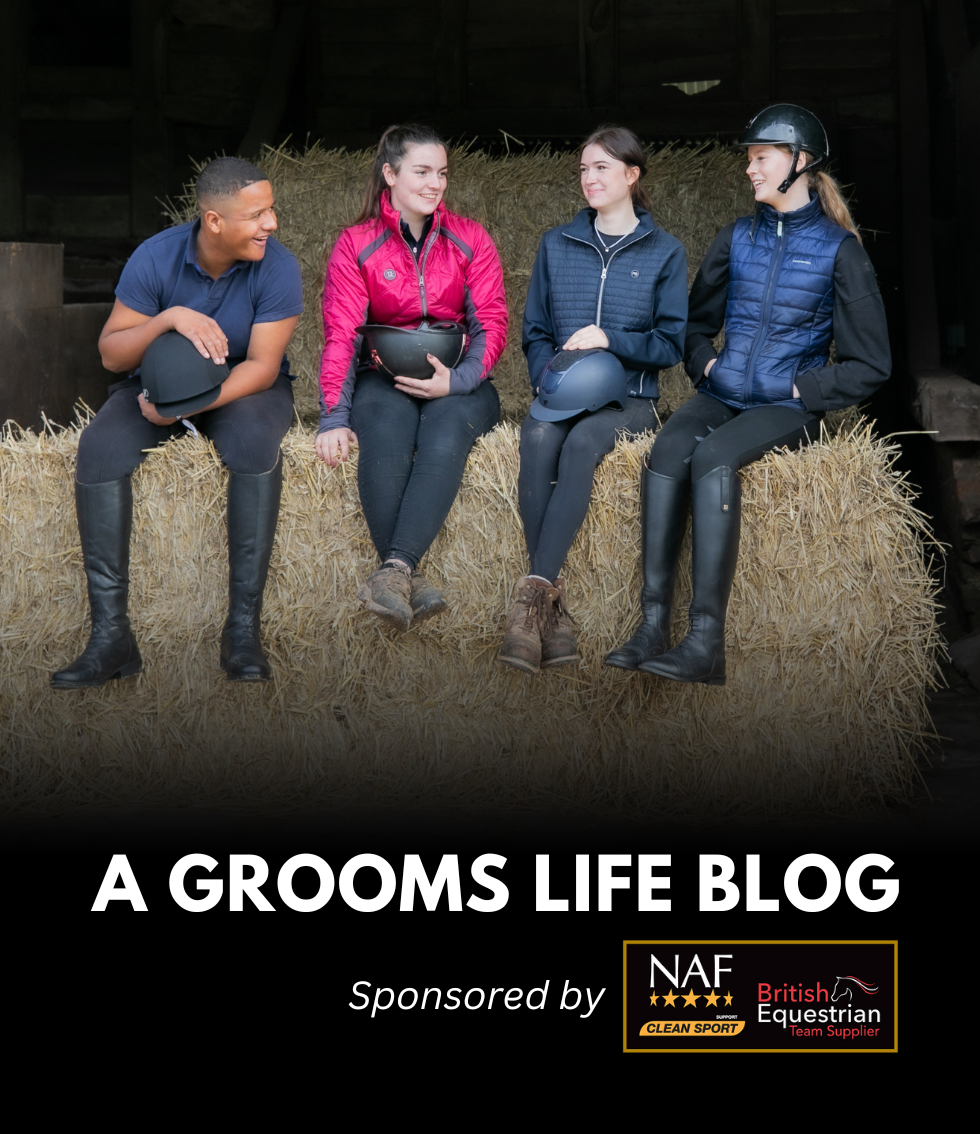
That’s a wrap for the 2018/2019 college year! I have completed my roadshow of visits to deliver talks to students of the colleges that have signed up to the BGA’s Where to Train – a collection of the best colleges and training providers in the country. I’ve covered literally 100’s of miles on trains and consumed many coffees whilst negotiating the motorway networks, all to deliver inspiring and vital informative presentations to over 4000 students. So why is this a key piece of work for the BGA? The equestrian college’s are part of our new look educational landscape. This won’t change and it is important to recognise that in today’s competitive society, it is unsurprising that young people wish to gain qualifications. With the fact that it is now a requirement to be in education until aged 18 years old, the option to go to a college to ‘study horses’ as part of the required Further Education is an obvious choice for someone who doesn’t wish to take the traditional A level pathway. The colleges thus have a role to deliver their set curriculum and get the students through the qualifications successfully. The lecturers (many of whom are former grooms themselves) have a lot of pressure to deliver a jam packed syllabus in not many weeks. I do feel for them. We begin with an exercise and wide discussion about ‘what happens next’ when they leave college. Here I make it blatantly clear that for those that hold the dream to walk into their first job as a ‘rider’ – forget it! They need to hear it from someone who has been there and done it, riding jobs are like rocking horse poop…. (very very rare). I explain that realistically if they want to work with horses (which the majority say they do want to), then there are an abundance of great opportunities out there for them to continue their education. I promote that they can do the thing they enjoy most (horses/riding/being outside) as a paid job, and at such a young age what could be greater. We discuss all of the important life skills that are gained whilst working as a groom all which are desirable by any employer, in any other form of employment. Grooms are excellent organisers, logisticians, communicators, have high attention to detail, are never late and have a seriously hard work ethic in their blood. So yes I strongly advocate COME WORK WITH HORSES! But I also let them know that if they later wish to, it is cool to do it for a period of time and then do something else, because it is kind of rare nowadays to be doing the exact same thing 10 years down the line of them leaving education. Good Employment The other part of the talk is about their future employment…. Whatever qualification they are studying there is always a section that includes ‘employment’. That is positive, however there is nothing quite like hearing it all from an external visitor (me). They learn all about contracts, national minimum wage, working hours, holidays, employment status and crucially what Good Employment looks like. Next year I hope that we can repeat the good work of this road show and hope that the colleges that are not yet engaged with us, all come on board too. (please do contact us if you are reading this) This is just one way of achieving much needed change and modernisation, and without any doubt - it benefits everyone. Today, at the end, one student came and asked me about BGA membership and which personal accident insurance to consider. She said “I am about to start work for a new employer when I leave college next week, they haven’t shown me a contract yet and have told me that I will be paying my own tax and NI and that I won’t get paid holiday or any sick leave, so I must get insurance.” Worryingly, yet another case of false self employment and an illegal grooms position. I hope that by educating 1000’s annually, we can see a generational change in employment within the equestrian industry. And if you’re looking for further education options have a look at Where to Train and see what’s on offer. Why College Talks Are Important
11th June 2019
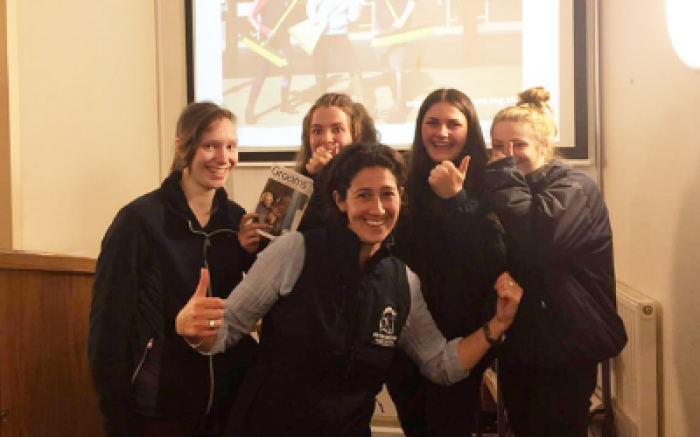
We often hear at the BGA about the college students who turn up not job ready.
As already identified in the excellent blog by Matt Wright, maybe employers need to understand a little more that college students are not always immediately job ready. They need to be nurtured into their first job and that is the employers responsibility to do so.
However, I do sympathise with the employer who has to manage expectations; and that is where the BGA’s talks come in.
I feel very passionately that the 1000’s of students that are about to work their way into our equestrian industry really do matter.
They are the future generation of grooms and it is key to the vision of an industry where Good Employment is the norm, and to happy and health workforce, to have these youngsters educated and aware of the difference between right and wrong.
They then can make their own minds up whether they will accept substandard working environments. It is already proven that the retention in such yards is very poor. The hope is that the workforce itself, by being educated, will see these positions eradicated; thus allowing the lovely good employers to recruit and retain the very best staff for their businesses.
BLOG ARCHIVE
- 2026 (1 ENTRIES)
- 2025 (16 ENTRIES)
- 2024 (52 ENTRIES)
- 2023 (60 ENTRIES)
- 2022 (35 ENTRIES)
- 2021 (24 ENTRIES)
- 2020 (19 ENTRIES)
- 2019 (45 ENTRIES)
- 2018 (36 ENTRIES)
- 2017 (7 ENTRIES)
What the personal accident policy covers you for:
- Whilst at work
- All stable duties – mucking out, grooming, washing off, turning out
- Clipping
- Riding – including hacking and jumping
- Hunting
- Lunging
- Breaking in
- Holding horse for a vet and other procedures
- Travelling horses both in the UK and abroad
- Competing in line with your job including: jumping, dressage, eventing
- Injuries that may happen to you whilst you are teaching - but you must also be grooming as part of your duties and not be a sole instructor
What the personal accident policy doesn’t cover you for:
- Riding in a race, point to point or team chase
- Stunt Riding
- Accidents occurring whilst travelling to and from work
- Riding and competing your own horse (but you can upgrade when applying for membership to include this)
- Public Liability – this is a separate insurance policy - the Freelance Groom Liability Insurance
- Care Custody and Control – this is a separate policy - the Freelance Groom Liability Insurance
If you require additional cover then please contact KBIS directly.
| GROOM | RIDER | EMPLOYER | |
|
When you are working for other people you do most of the following; muck out, turn out/catch in, tack up, groom horses, exercise Horses (including hacking, jumping and schooling), in the care of your employer/client. |
|
|
|
| Predominantly ride horses for other people including schooling, exercising and competing. | NO |
YES |
YES |
| Provide grooming services for someone else either full time or on a freelance basis i.e. an employer or a client. | YES |
NO |
NO |
| Employ staff – have an employers liability policy in your name | NO | NO | YES |
| Buy and sell horses | NO | YES | YES |


